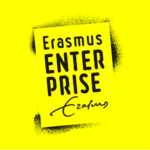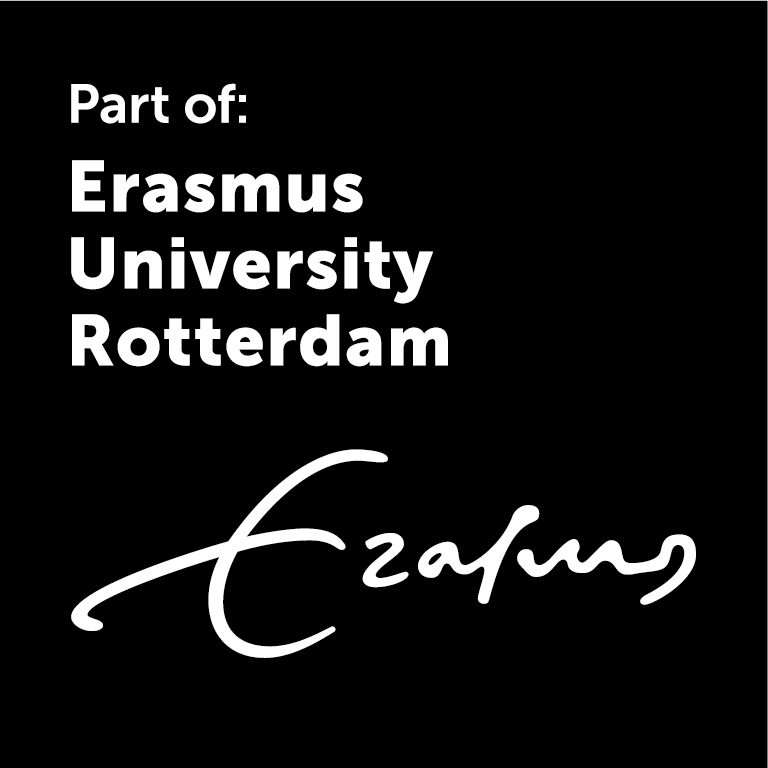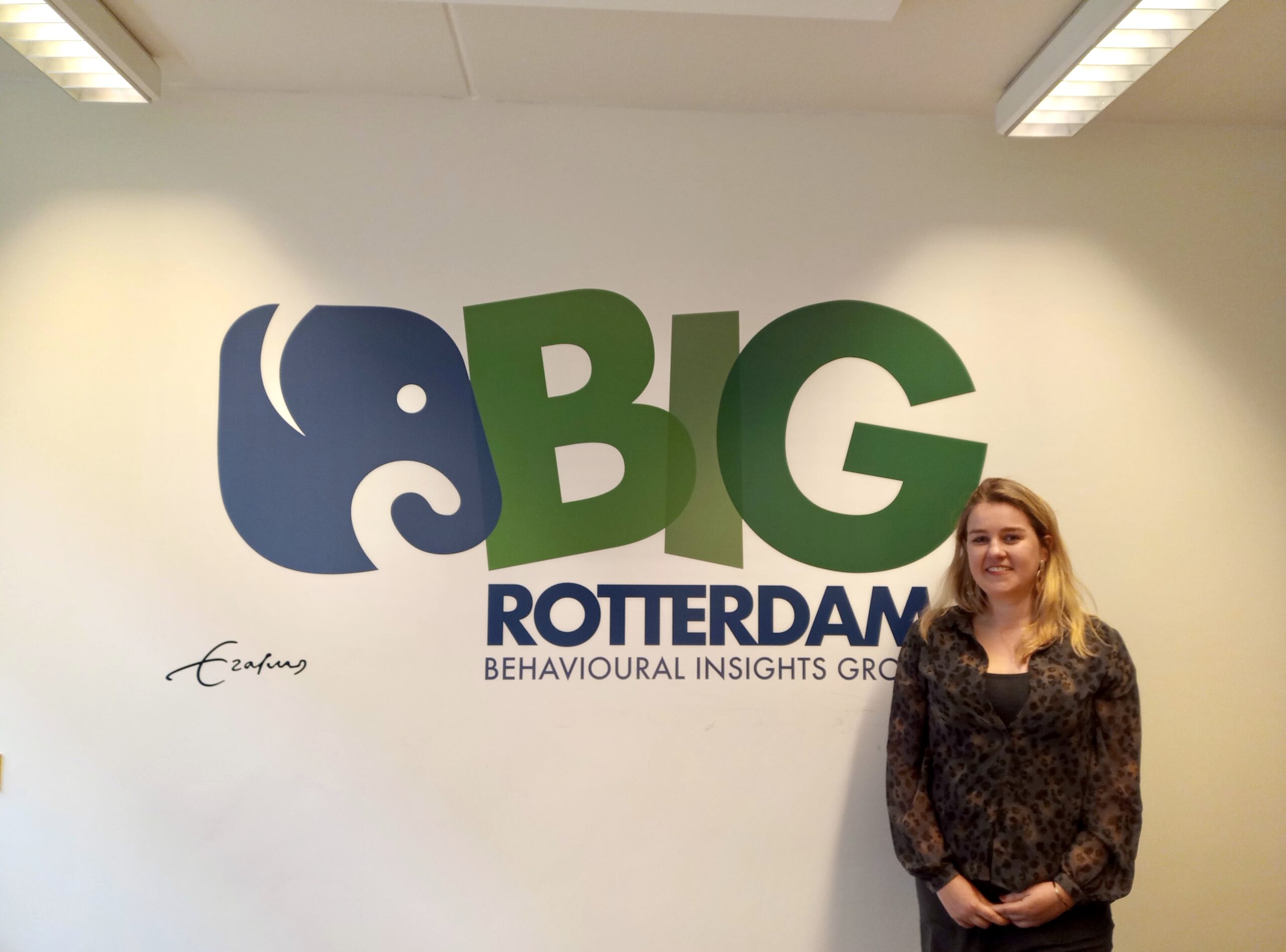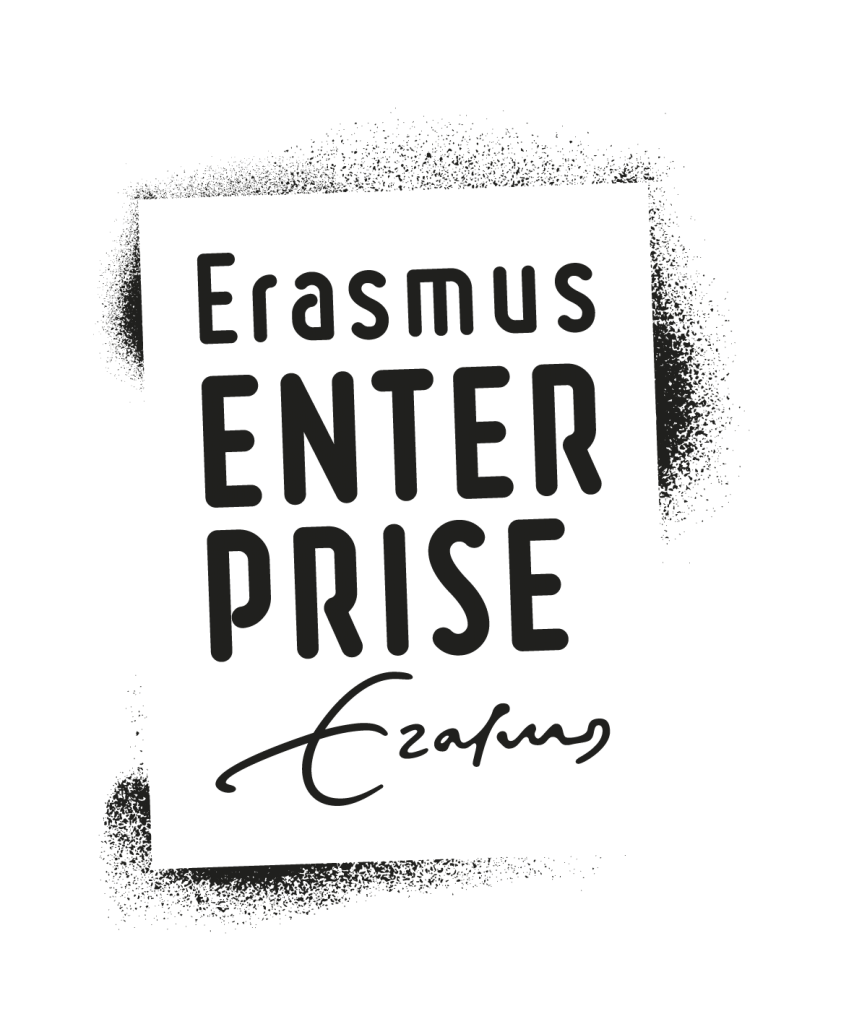In a world faced with pressing environmental and social challenges, organizations like BIG’R – Behavioral Insights Group Rotterdam – are leading the way in creating positive change. BIG’R is an impact center that combines scientific knowledge, behavioral insights, and practical interventions to make a significant societal impact. At BIG’R, their focus lies on conducting field experiments and studies to apply behavioral insights and scientific knowledge in practice. Inge Merkelbach, Managing Director of BIG’R, explains, “We try to make a positive societal impact with our scientific knowledge, our methods, and we use it by studying behavior and designing interventions, studying them in practice.” This blog dives into the journey of BIG’R, their challenges, successes, and shows how it is possible for academics to create impact through research.
From collaboration to impact center
Semiha Denktas, the academic supervisor of BIG’R, drew inspiration from the behavioral Insights team in London, UK, which was the first one to bring together municipalities, governments, and universities. Recognizing the potential benefits for a city like Rotterdam, with its challenges of poverty and great multiculturalism, Denktas saw an opportunity for a Behavioral Insights team. Thus, BIG’R emerged through a collaboration between the municipality of Rotterdam and Erasmus University Rotterdam. “We started out as a team with people from the municipality and scientists that developed the working method through trial and error, reading literature, what steps are necessary and having to learn each other’s languages”, shares Inge.
The collaboration lasted for four years and, even though it was evaluated very positively, it had to stop when no more funding was available. That is when BIG’R restarted as an independent impact center of Erasmus Research & Business Support (ERBS) at the University. Inge reflects on their journey, stating, “We had a whole strategy developed on how to deal with these questions in practice, and we noticed there was still a lot of need for insights and practices, so we thought it would be a shame to throw it all out.”
ERBS played a crucial role in supporting the establishment of BIG’R as an independent impact center. Inge acknowledges their contribution: “ERBS really offered us a nice opportunity. They offered us the possibility to restart in a safe space with a lot of support for us to start this BIG’R 2.0, as an independent impact center. Without the ERBS I don’t think we could have restarted, because it would be too big of a risk.” Inge acknowledges the value of being able to experiment with this way of working within the academic setting.
BIG’R Main Challenges
One of the main challenges BIG’R faced was effectively putting science into practice and communicating scientific insights to stakeholders with diverse backgrounds. Inge shares that it was challenging to communicate scientific thoughts and insights towards people that are not necessarily used to that kind of language and highlights the importance of bridging the gap, “You have to learn each other’s language. Public policy officials have a very different language than scientists, sometimes also a very different way of thinking.”
Additionally, combining different research methods and convincing other scientists of the value of unconventional approaches posed further challenges. “I think we were in the forefront and that was a challenge. But fortunately, there’s a growing movement towards more Impact and more multi-method research”, mentions Inge. But with time and hard work, BIG’R was able to get trust and find the right collaborations, completing some projects, becoming known and achieving great successes.
Creating change
One of BIG’R’s notable successes was their study on reducing speed limits in Rotterdam. Inge proudly tells, “We recently did a study looking into reducing the speed limit from 50 to 30 kilometers per hour in Rotterdam”. How do you get the motorists to comply with the new speed limit? BIG’R has developed various interventions for this, such as a specific way of placing the speed signs, so that motorists are effectively made aware of their speed.
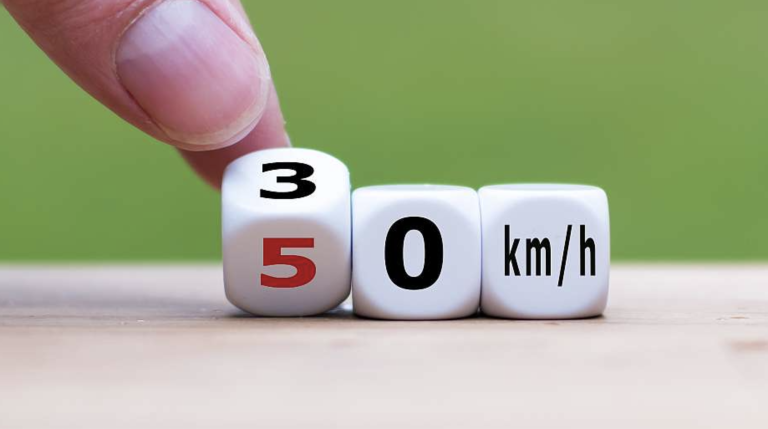
“The municipality has taken our advice and started implementing this citywide, making the city safer and healthier for everyone”, shares the interviewee. “So that really gives me a big drive, that you can change something in your city right away and a lot of people will notice, and you can create positive contribution.”
Inge offers valuable advice for peers in academia who aspire to make a similar impact. She encourages them, “Don’t be scared and be open to methods and new ways of working…”. Scientists are mostly trained in a classical way of researching: how do you conduct a perfect experiment? Inge reflects that this way of working keeps scientists from touching on real, important societal topics that are not easily studied. So, her advice? “Be brave, creative, and willing to make some mistakes. For sure people will comment on your research methods and say they are not perfect. But just do it and try to find the right partners”.
BIG’R is an inspiring impact center that harnesses scientific knowledge, behavioral insights, and practical interventions to drive positive change in society. Their journey, with the support of ERBS, showcases that it is possible for academics to turn research into positive societal impact and how they are committed to making a lasting impact. ERBS offers ambitious and passionate scientists a safe space for them to valorize their innovative ideas. Despite challenges, BIG’R has achieved significant successes and encourages peers to embrace creativity and bravery in their pursuit of societal impact.
